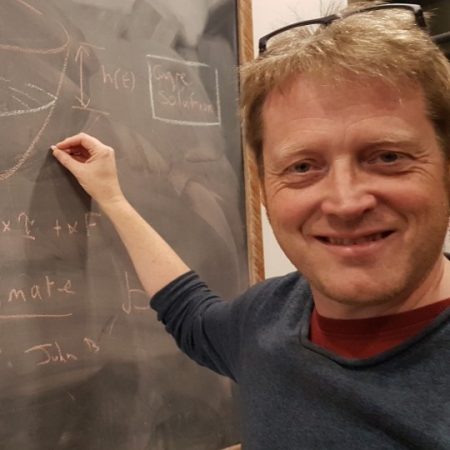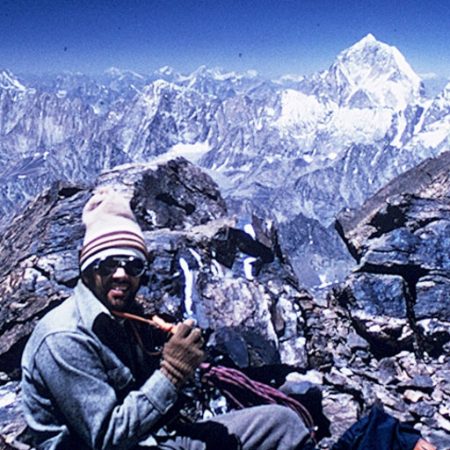Refine
Date Range Clear
Recorded by Clear
Keywords Clear
Partnerships Clear
- No matching terms.
Organizations Clear
- BAERI 11
- NASA Ames 9
- AGU 8
- American Geophysical Union 6
- Bay Area Environmental Research Institute 3
- 15 more
Places Clear
Languages Clear
Initiatives Clear
- No matching terms.
With great data comes great responsibility. Ruth Duerr, a self-described scientific “generalist,” and Steve Diggs, an ocean data specialist, take on years of efforts by scientists to inform the public while stopping short of being policy advisors. As data improves,...
Bruce Wielicki, a NASA Langley climate scientist, discusses his collaboration with economists to help non-scientists understand how climate change will hit them in the wallet, and how they could reduce that risk with modest investments in improved climate science. He...
My mentor and I briefly discuss her plans surrounding climate preparedness and what advice she can give to others. We also compare climate disasters to the COVID-19 pandemic and how they are similar and different.
Kennedi White is one of 25 students starting in the new Student Airborne Science Activation (SaSa) program at the NASA Ames Research Center. Students at SaSa are undergraduates from minority-serving institutions, competitively selected across the United States. Over the course...
Dr. Charles Gatebe's research focus is on clouds aerosols, ecosystem structure and function, albedo, and feedbacks to climate. In this interview, we chat about his science journey pursuing science, starting with his interest in studying Kenya’s air pollution, and how...
Long before texts, emails, and snapchat, if you wanted to talk to someone you either had to write a letter, or use the phone, and not a cell phone. Jake Freedman interviewed his grandfather Saul Freedman about his mid-high school...
Climate resilience in the early years is a focus for us here in the RMI. The work this entails is important so how can we bring existing work the government has done to upcoming projects for the more vulnerable in...
As a Program Manager for NASA Headquarters Earth Science Division, Barry Lefer helps fund important global research and field campaigns that are measuring air quality and greenhouse gases. And judging by these studies, Barry thinks the future is looking good!...
Steve Montzka has been at NOAA for 28 years, working on atmospheric science, atmosphere chemistry, and trace gases in the atmosphere. He started there as a post-doc, drawn by the work he saw NOAA scientists doing on the hole in...
After a career of 30 years studying climate change, Steve Ghan embarks on another journey of steps to "Make Earth Cool Again" as he is recognized as Fellow of the American Geophysical Union during the AGU 2018 Fall Meeting.
Bärbel Hönisch, Associate Professor of Environmental Sciences at Columbia University also known as Queen of Boron, transported us millions of years beyond the ice cores to the realm when Greenland had no ice. She took hold of a magical instrument...
Growing up in Kasigluk, Alaska & navigating today.
In this interview, Joe Meyers and Louise Meyers discuss how she has prepared for climate emergencies in the past and how she will continue to prepare in the future. More specifically, she discusses her community of Los Angeles in Southern...
Environmental chemist Marc Kramer, Washington State University, has spent an inordinate amount of time talking and climate and weather in the rural parts of your nation. As he says in this interview, “there isn’t a single farmer who isn't interested...
Michael MacCracken, chief scientist with the Climate Institute came to Washington, DC supposedly for one year, to help ten different agencies involved in climate research to work better together. He stayed for nine years, becoming the liaison to Vice President...
Matt Commo (55) and Ann Commo (53) live in Waterbury, Vermont which on July 10th-11th experienced historic flooding. They share the flood’s impacts on them, their story of rebuilding, and their perspectives on the future living in a floodplain.
Alicia Hoffman is a graduate student at the University of Wisconsin - Madison. She is studying air quality and how to model the chemistry that impacts our air, using the Community Multi-scale Air Quality Model — developed by the Environmental...
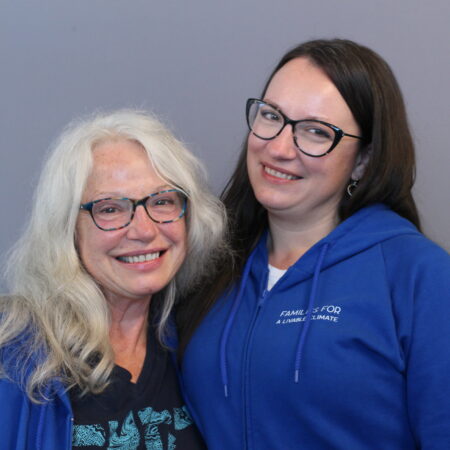
Tassia Tkatschenko (39) and her mother, Nancy Dunne Byington (66), share a conversation about their family, the communities they have lived in, and their careers in naturopathic medicine and psychiatric nursing. They also discuss how capitalism is impacting the environment...
Clouds are among the most unpredictable components of climate models. But Norman Loeb is working hard to sort out the shape of cloud patterns in order to improve the accuracy of long-term weather predictions. As far as understanding how all...
Dr. Matthew Johnson's research is in atmospheric chemistry, a branch of atmospheric science, which looks at the composition and chemistry of Earth's atmosphere, such as aerosols and trace gas emissions, and how particles may impact human health. Dr. Johnson's research...
Amber Soja’s career is on fire. The resident at NASA’s Langley Research Center studies fire regimes and how they are being affected by climate change. “Every fire season is worse,” she says, adding that the changing fire regime is proof...

John "Jay" O’Brien (75) and Dale Smith (49) discuss their love for cattle ranching and land stewarding, what brought them to it and what keeps them happily engaged in the work they do.
I asked Suf a number of questions about the actions he took facing the climate emergencies
Distinguished Professor of Environmental Science & Management at UC Santa Barbara speaks with Ph.D. candidate in the Hydrogeology program at the University of Nevada, Reno.
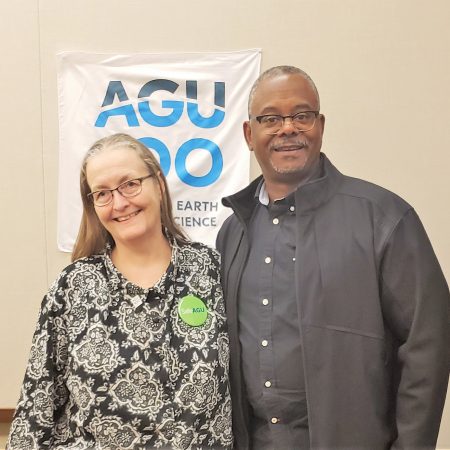
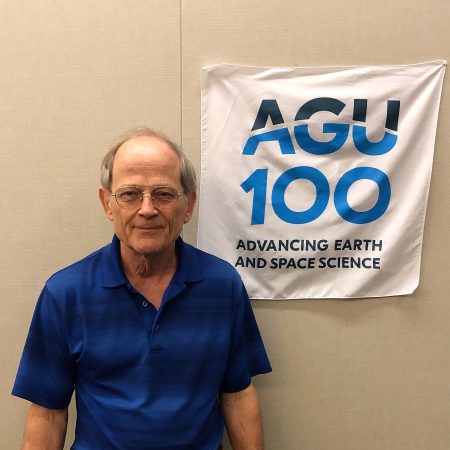
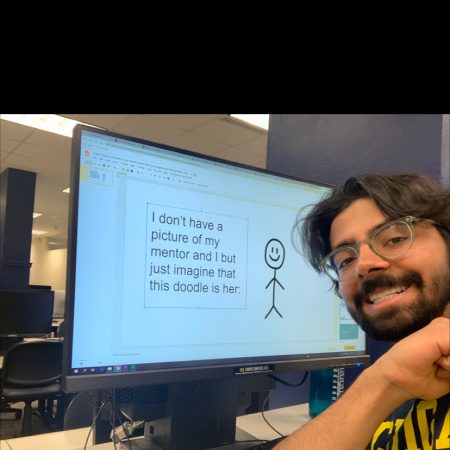
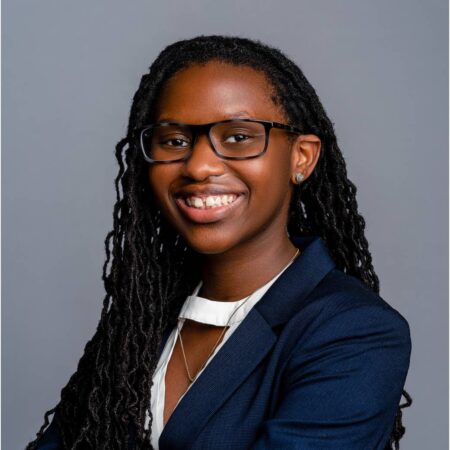
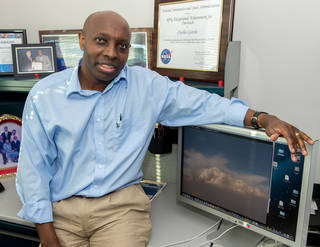
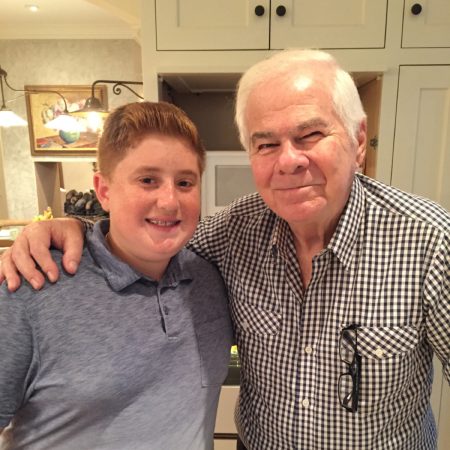
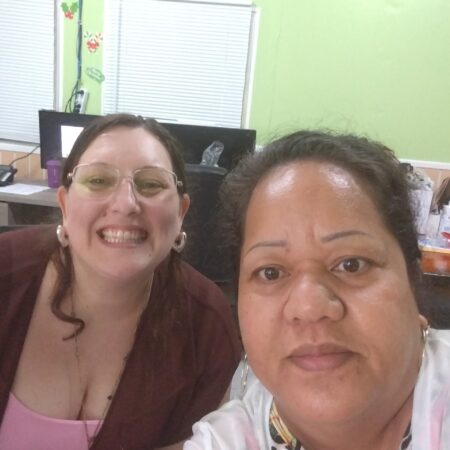
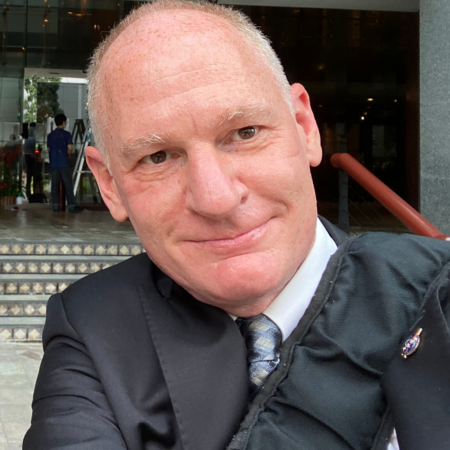
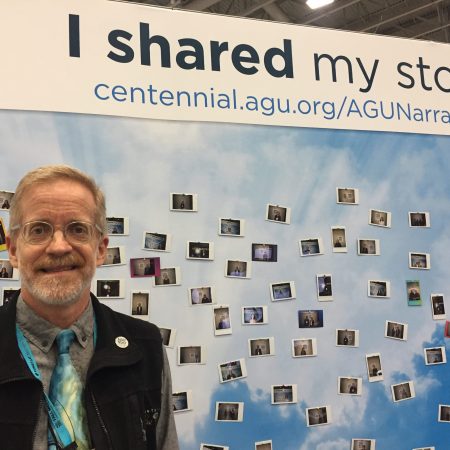
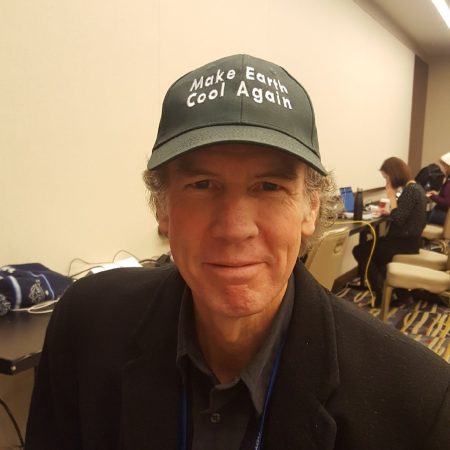
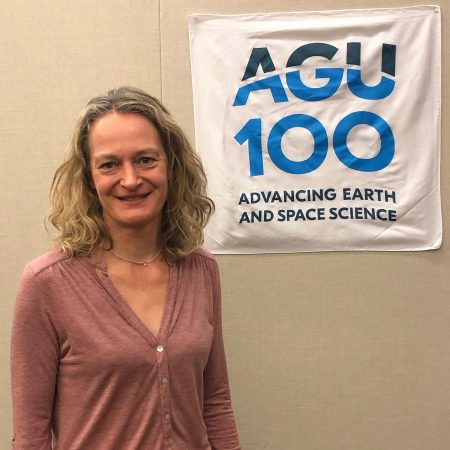
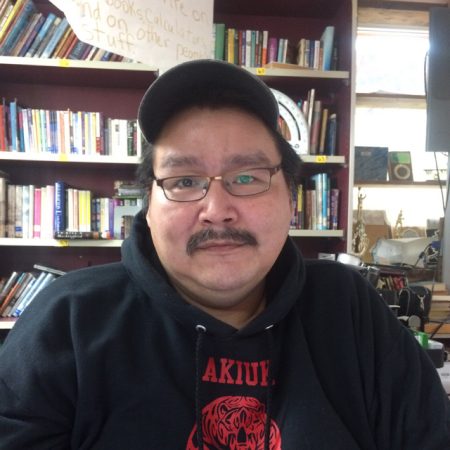

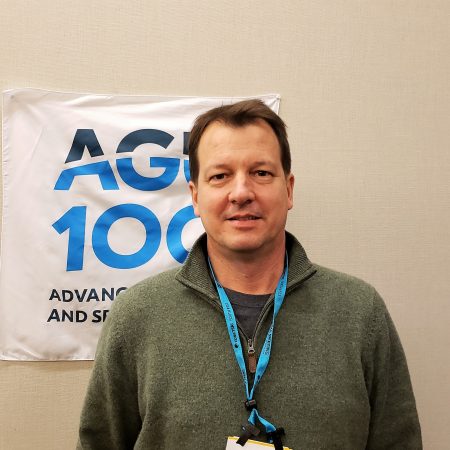
![If you're complaining, you better come back here and try and help us [with climate change policy]." an interview with Michael MacCracken](https://archive.storycorps.org/uploads/2018/12/101218MichaelMacCracken-450x450.jpg)
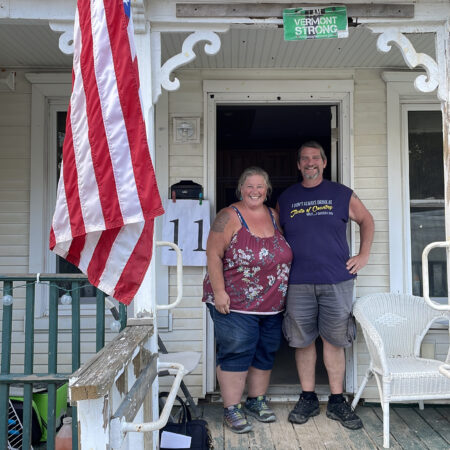
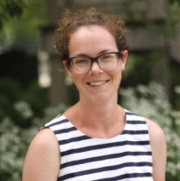

!["If you really enjoy it [science], all the work will be worth it." An interview with Matthew Johnson.](https://archive.storycorps.org/uploads/2021/02/6038002972612__M.Johnson_ceremony_pic_2020.11.11_submit_PROFILE-450x450.jpg)

